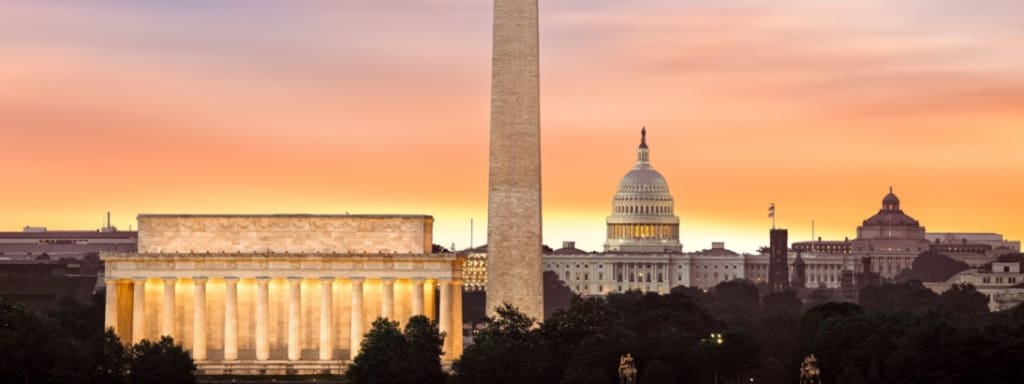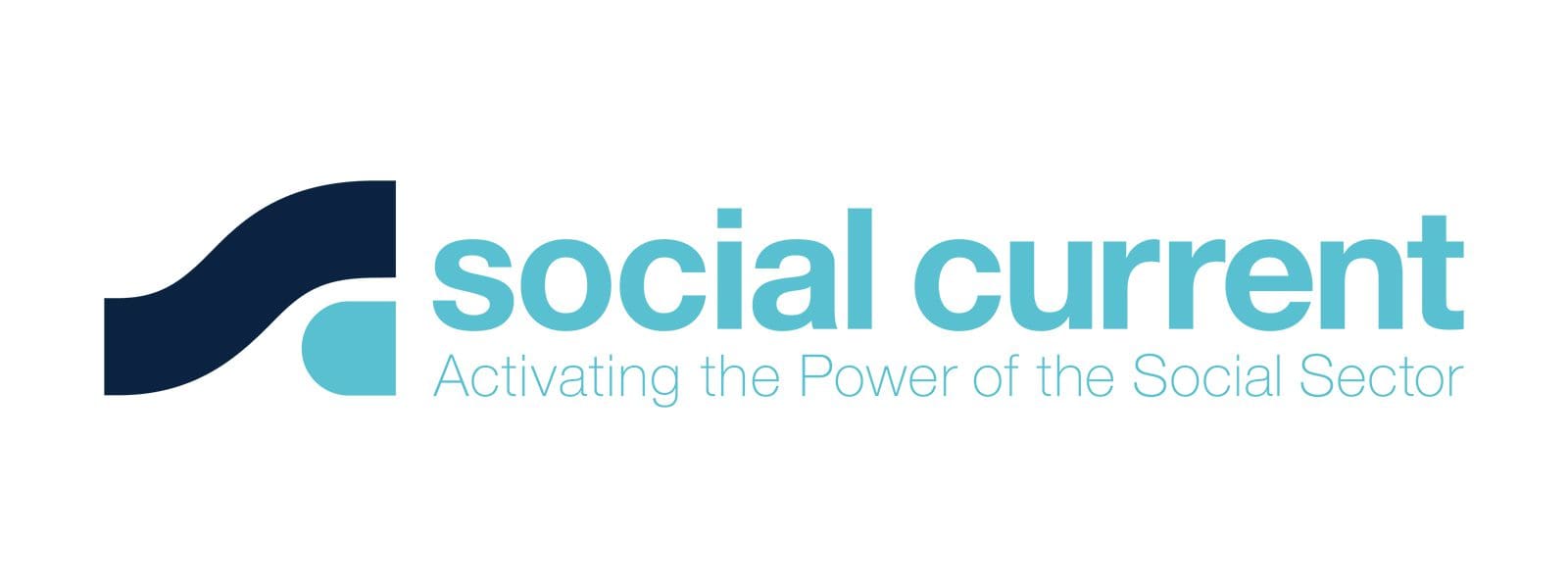On Tuesday, August 10, after more than a month of bipartisan talks and negotiations, the Senate passed the Infrastructure Investment and Jobs Act (H.R. 3684), a $1 trillion bipartisan infrastructure package. The bipartisan deal includes roughly $550 billion in new funding, making it substantially smaller than the $2.6 trillion proposed by President Biden earlier this year.
The bipartisan infrastructure bill makes significant investments in roads and bridges, broadband, water, and power, paid for with unused COVID-19 relief funds, excluding the state and local fiscal recovery funds; IRS cryptocurrency reporting, pension smoothing, a delay of the Medicare Part D rebate rule, and other provisions.
The bill contains some significant victories for the charitable sector and the policy agenda of the Nonprofit Infrastructure Investment Advocacy Group (NIIAG).
To read the complete summary of key nonprofit and civic infrastructure provisions included in the Infrastructure Investment Act, click here.
Some of the key provisions include:
-
- $39 billion for clean transit, including funding for repair or replacement of public transit buses and rail assets, and mobility for seniors and those with disabilities, and $15 billion investment in zero-emissions transit vehicles, and a focus on low-income and underserved communities;
-
- $65 billion for broadband, including $42.45 billion to support a formula-based program to states, territories, and DC for broadband deployment. $2 billion for the rural utilities service for distance Learning, telemedicine, and broadband program. $2.75 billion to establish grant programs to promote digital inclusion and equity for communities that lack the skills, technologies, and support needed to take advantage of broadband connections. $14.2 billion for the Affordable Connectivity Fund, formerly known as the Emergency Broadband Benefit program;
-
- $1 billion for a new federal program to reconnect communities damaged by infrastructure projects of the past. Eligible public entities may partner with universities (including historically black colleges and universities) and other nonprofits for planning and public engagement;
-
- Authorization of $55 billion for clean drinking water, $11.7 billon for the Drinking Water State Revolving Fund, $15 billion to replace lead water service lines, and $10 billion for Per- and polyfluoroalkyl substances (PFAS)water treatment grants; and
-
- $50 million for a pilot program to award grants for energy-efficiency materials upgrades to buildings owned and operated by a 501(c)(3) nonprofit organization. The maximum grant amount is $200,000.
The bill is now heading to the House, but it is unclear how soon the House will act on the infrastructure bill, given Speaker Nancy Pelosi’s (D-CA) commitment to take up the infrastructure bill only after the Senate passes a $3.5 trillion reconciliation bill that includes provisions of President Biden’s American Jobs Plan and American Family Plan under the FY2022 budget resolution.
On August 9, Senate Budget Committee Chairman Bernie Sanders (I-VT) released the FY2022 budget resolution with reconciliation instructions for a potential $3.5 trillion package of Democratic priorities that can pass with a simple majority vote in the Senate. The reconciliation instructions target September 15 for committees to submit their reconciliation bills. Tax increases identified to pay for the reconciliation bill may not be known until then. The resolution sets revenue targets for reconciliation, but does not prescribe policy details. The FY2022 budget resolution passed the Senate on August 11
As Congress looks to rebuild our country after this devastating economic and health crisis, its efforts must be founded on civic and community infrastructure. Nonprofits are the backbone of American society – providing life-affirming and life-saving services every day. In partnership with the government, we can expand our capacity to deliver invaluable resources to our communities. As lawmakers get ready to tackle the reconciliation process: Tell Congress to make civic and community infrastructure central to our national recovery.
Note: This blog has been updated to reflect Senate passage of the FY2022 budget resolution.



